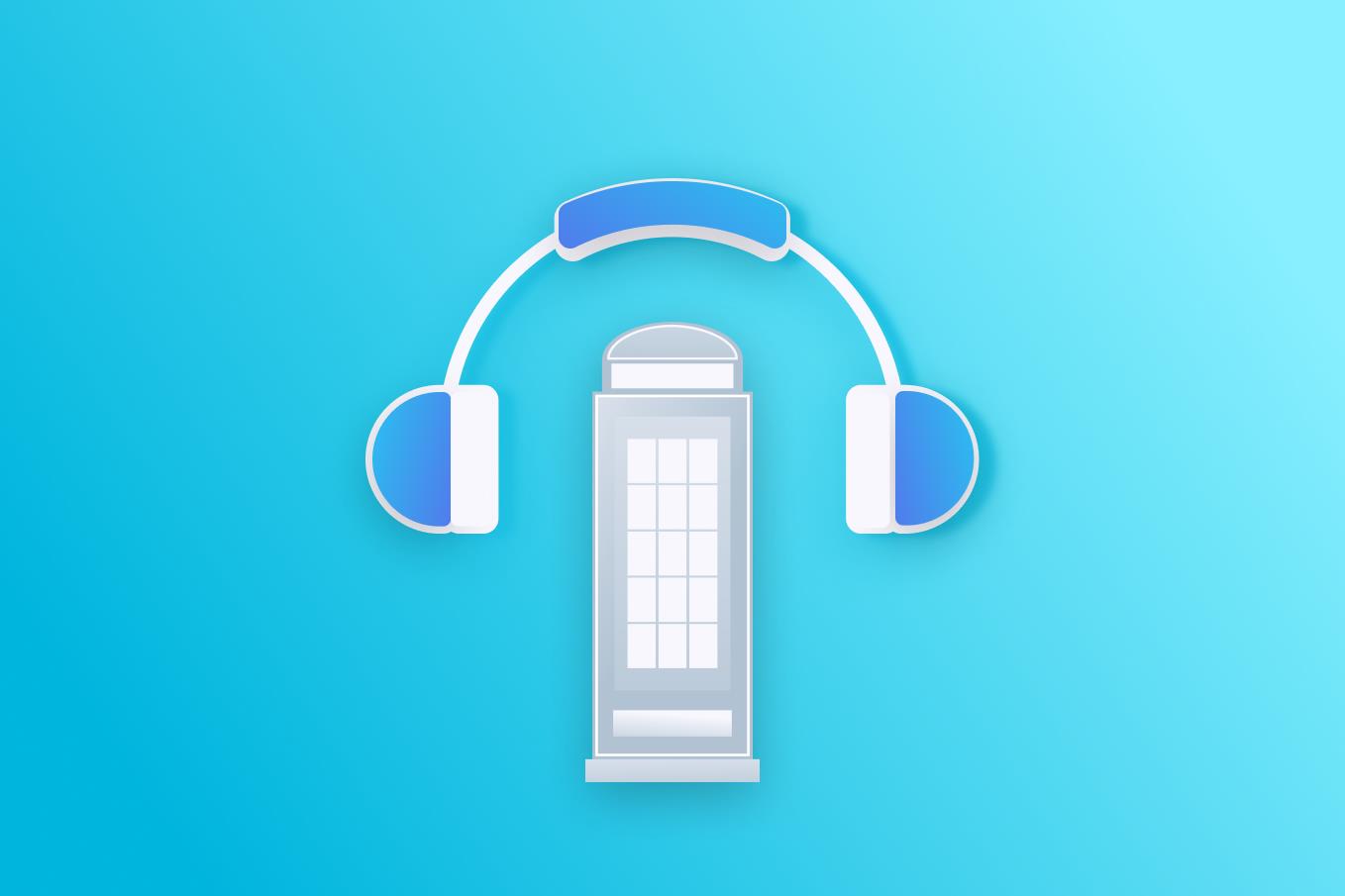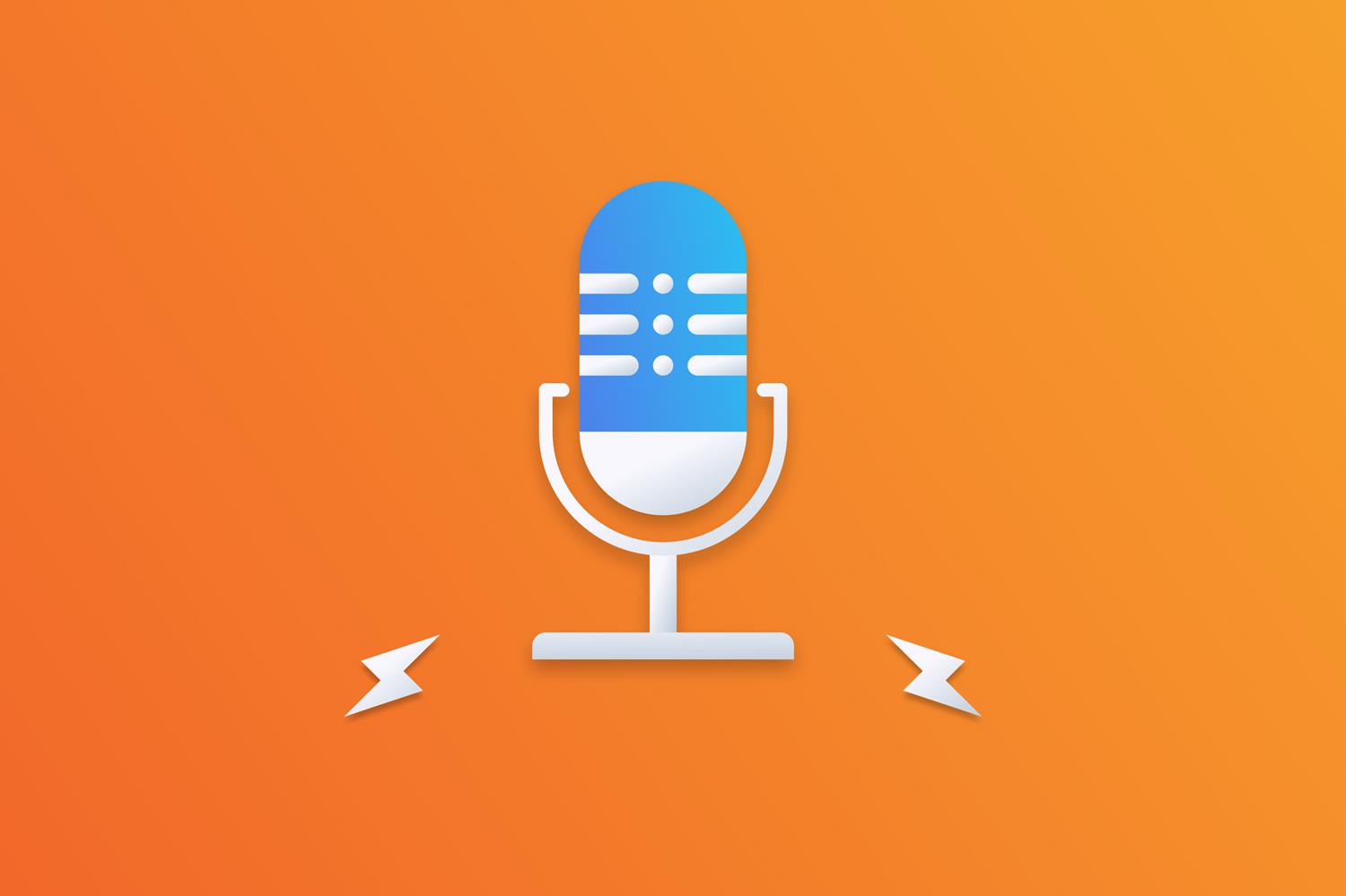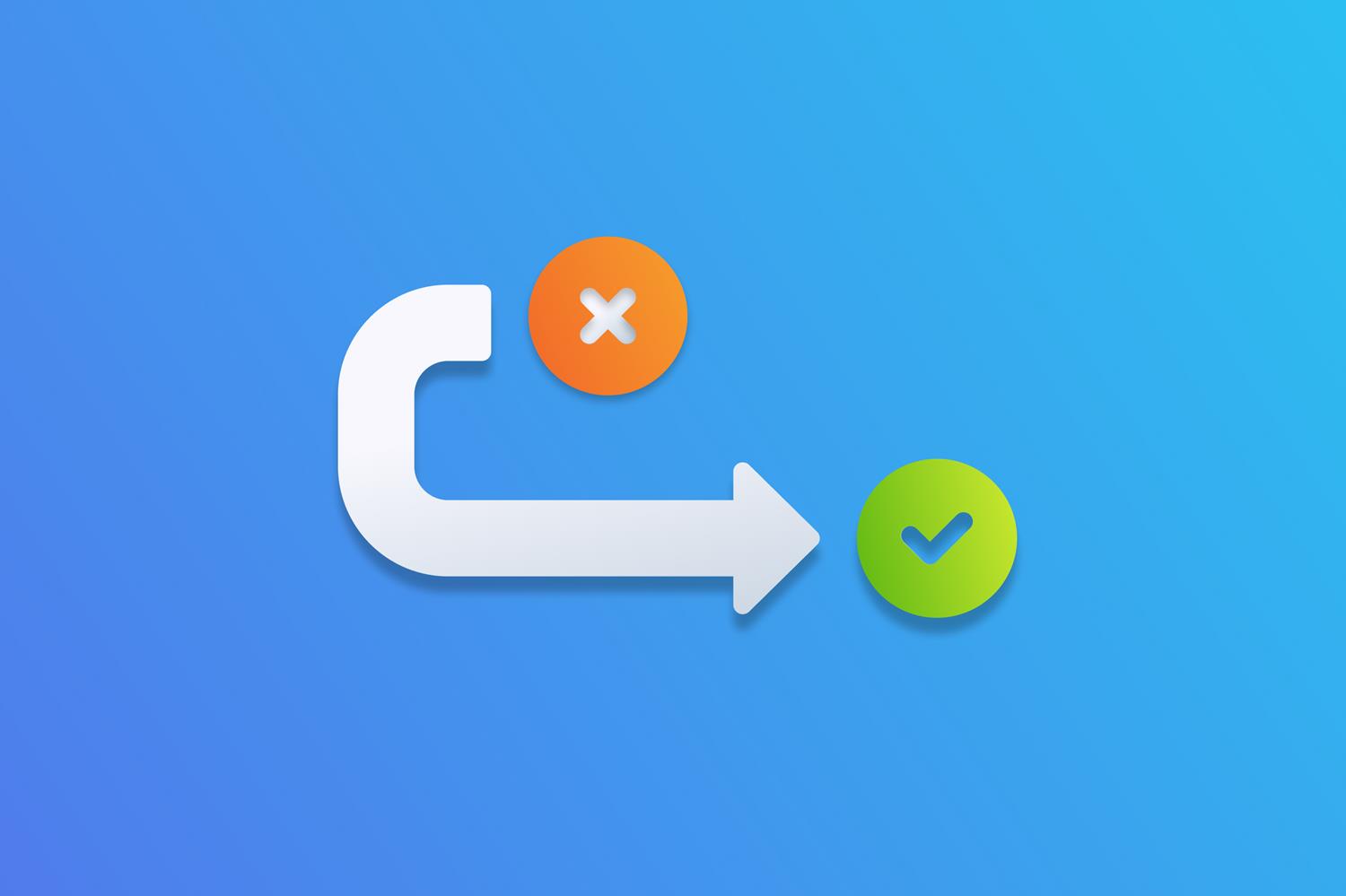Nowadays, most companies seek employees with a solid level of English. Decided to improve yours and want to understand what your starting point is? Read the article to learn more about English levels and explore the materials prepared by our trainers from the Learning & Development team:
A1. Elementary
What does that mean? At this level, you can understand certain words & phrases and answer simple questions. You can give some information about yourself, like name, age, occupation, family, etc. Once you need to explain something, you turn to your native language or use single words & gestures.
How to improve? Learn basic tenses (present, past, future) so that you can easily speak about your hobbies, last vacation or plans. Try to study correct word order and simple words that you can apply in day-to-day conversation (e.g., ordering in a café or talking to a consultant at the shop).
Where to study? Use Duolingo to help you study, learn new words with Learn English from the British Council, learn & practice your Grammar, look through basic conversation phrases, reading texts will also help you understand English better.
A2. Pre-Intermediate
What does that mean? At this stage, you can understand the main points of clear and slow speech but sometimes ask for clarification and take pauses while searching for the right word. You are also able to talk about everyday issues, such as weather, sports, education, etc.
How to improve? Start using complex tenses (Present Perfect, Past Continuous) and the most popular phrasal verbs. Replace the simple expressions with idioms or rarely used words (I think = I suppose, I like it = I am keen on it, once in a blue moon = rarely).
Where to study? Pass a mini course to learn more about conversational language, work on pronunciation in Tim’s Workshop, learn new words with Cambridge English, develop your listening skills at Randall’s Lab, read in English to upgrade more.
B1. Intermediate
What does that mean? Here you can understand the main points in a familiar accent, but you may have difficulties while listening and speaking to native speakers. You can reason about abstract things and give arguments for & against them in some contexts.
How to improve? Learn conditionals, passive tense, comparatives & superlatives and modals to enrich your speech. Focus on colloquial language and the most common collocations.
Where to study? Expand your vocabulary with Video Vocab TV, master spoken language with Randall’s Listening Lab, improve your grammar by doing the 6 Minute Grammar course, work on your writing skills with Cambridge English, listen to natural conversations on Elllo.
B2. Upper-Intermediate
What does that mean? You can maintain a conversation on a wide range of topics without additional support and speak on a wide range of topics. At this stage, you accurately use everyday vocabulary and simple grammar structures. When you use something more complex, mistakes may occur, but they don’t cause misunderstanding.
How to improve? Learn complex grammar structures, such as passive reporting clauses or future perfect for assumptions about the present. Upskill in speaking by studying frequent words in English with multiple meanings, phrasal verbs, idioms and word families.
Where to study? Check out the listening lessons, practice writing formal emails, do the listening quizzes at ESL Cyber listening lab, practice speaking with a partner in Tandem and boost your vocabulary with Cambridge English.
C1. Advanced
What does that mean? At level C1, you can produce generally accurate language and speak on unfamiliar topics. You use complex grammar structures, paraphrase effectively and use not common vocabulary. You easily negotiate and develop your ideas logically.
How to improve? Talk in English as much as possible, especially with native speakers, try to imitate their pronunciation, expand your vocabulary by reading things you enjoy, focus on slang and idioms.
Where to study? Familiarize yourself with dialects of English in Dialect Archive, work on pronunciation with ElsaSpeak, check out a scientific way to improve vocabulary, practice your skills with TedEd, look through the Advanced Grammar Reference Guide, enjoy the selection of audiobooks from Amazon.








